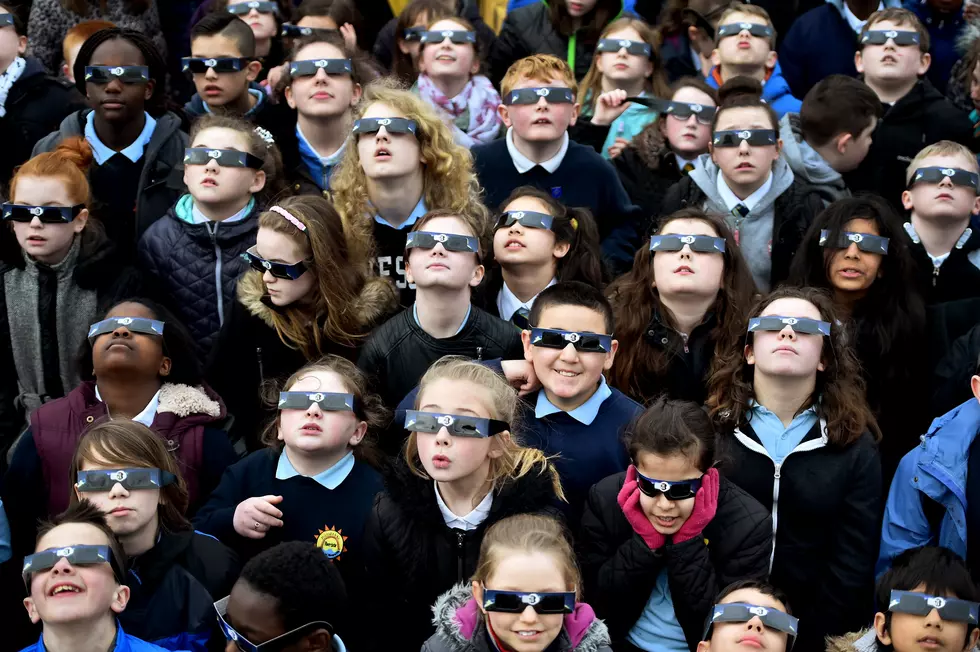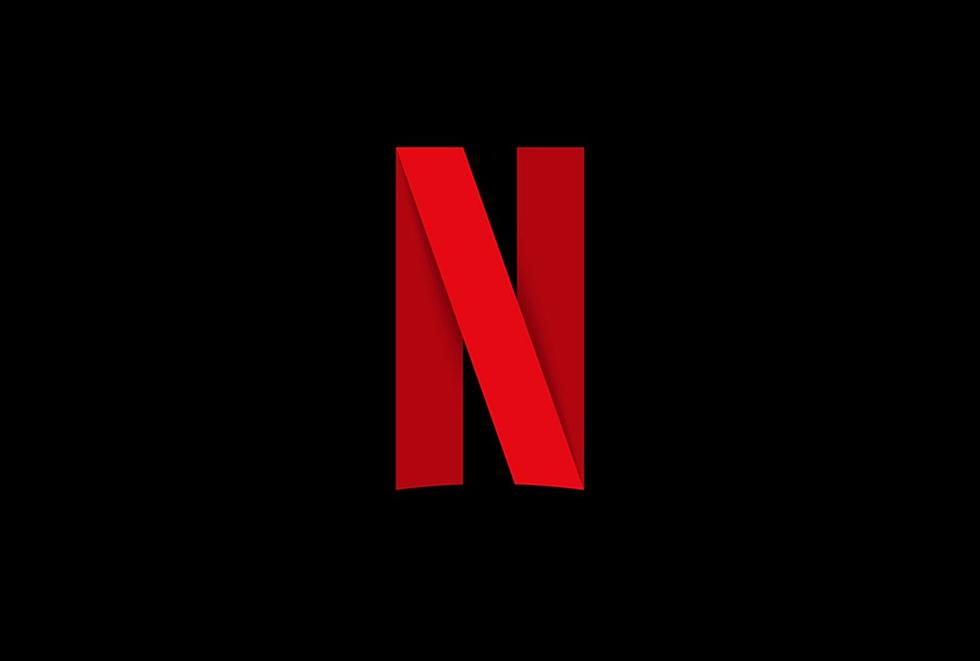
Leap Second Gives Some Internet Sites a Headache – Tech Tuesday
Ever wish you had an extra second to do something? Well, you did when June 30th was changing to July 1st. An extra second was added to atomic clocks to keep in time with the Earth's rotation, and threw a monkey wrench into a few systems of big internet companies and sites.
It was almost like the Y2K bug brought some computer systems to a halt with having to display a year in 4 digits instead of 2. Atomic clocks added that extra second similar to how we add an extra day for Leap Year. But many computer systems found that extra second confusing and crashed or just shut down, affecting many sites and serves, with Netflix being one of them. Also sites that were using Java had issues, as well as Java in general.
This on top of a storm that drove through the mid-Atlantic states wreaking havoc didn't help as it took down one of Amazon's data centers used for it's cloud based services which is the main reason for Netflix's issues. Linked-In was also affected, as well as Australian based Quantas Airlines' systems which resulted in flight delays.
Google though was untouched as they had gotten burnt the last time a leap second was needed, back in 2008, and came up with a pretty unique work around. In a blog post, Google engineer Christopher Pascoe said "The solution we came up with came to be known as the ‘leap smear. We modified our internal NTP servers to gradually add a couple of milliseconds to every update… Google engineers developing code don’t have to worry about leap seconds.”
So Leap Seconds have been with us for a while, and it seems some internet heavy weights were unprepared for it. Now that you know where things went wrong guys, you may want to get to work on being ready for the next Leap Second on June 30th, 2012.
$>logout
More From Q 105.7









